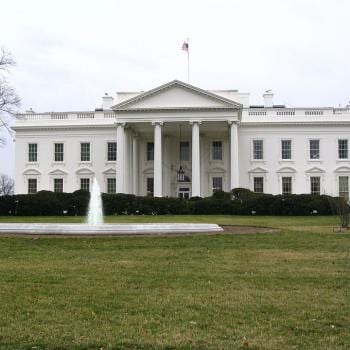I have lately tried (unsuccessfully) to write a little something about abortion to my Member of Parliament. As some may know, there has been some to-do in Canada recently about whether or not to include abortion in our commitment to maternal health in the developing world. The Conservative government did not initially include abortion or contraception in its plan. It seems contraception is now in, but a motion to include abortion, brought forward by my MP, was defeated in the House of Commons. One of the things that bothers me about Bob Rae, my MP, is that he is constantly throwing labels at anyone who disagrees with him on social issues. Anyone who does not support paying for abortions in the developing world is a Tea Partier.
I tried to craft a letter to him that demonstrated that my disagreement with him about abortion had nothing to do with me being a right-wing fanatic and everything to do with my concern for women and children. I kept coming back to the fact that an abortion accepting and promoting society leaves women entirely alone at one of the most difficult times in their lives. Unsatisfied with my attempts so far, the letter has gone unmailed.
In any case, today I was reading some Hauerwas for a Mennonite-Roman Catholic discussion group on war and abortion. Hauerwas quotes a sermon about abortion by the Reverend Terry Hamilton-Poore of the Presbyterian tradition. Hamilton-Poore’s second point was that:
“The usual framing of the abortion issue, by both pro-choice and pro-life groups is unbiblical because it assumes that the woman is ultimately responsible both for herself and for any child she might carry. Why is it that women have abortions? Women I know, and those I know about, have had abortions for two basic reasons: the fear that they could not handle the financial and physical demands of the child, and the fear that having the child would destroy relationships that are important to them.
An example of the first fear, the inability to handle the child financially or physically, is the divorced mother of two children, the younger of whom has Down syndrome. This woman recently discovered that she was pregnant. She believed that abortion was wrong. However, the father of the child would not commit himself to help raise this child, and she was afraid she could not handle raising another child on her own.
An example of the second fear, the fear of destroying relationships, is the woman who became pregnant and was told by her husband that he would leave her if she did not have an abortion. She did not want to lose her husband, so she had the abortion. Later, her husband left her anyway. [At this point I immediately wrote in the margins, “Of course he did!!]
In both of these cases, and in others I have known, the woman has had an abortion not because she was exercising her free choice but because she felt she had no choice. In each case the responsibility for caring for the child, had she had the child, would have rested squarely and solely on the woman.” [emphasis added]
This, to me, seems to be where all the pro-choice rhetoric falls apart. Women don’t want abortions. Its legal availability does not grant them freedom, but a great burden. They must choose between the life or death of another human being. Our culture will not support the choice for life but it won’t take any responsibility for the choice for death. The availability of legal abortion, and the culture that insists on it, leaves women utterly alone.
Brett Salkeld is a doctoral student in theology at Regis College in Toronto. He is a father of two (so far) and husband of one.














